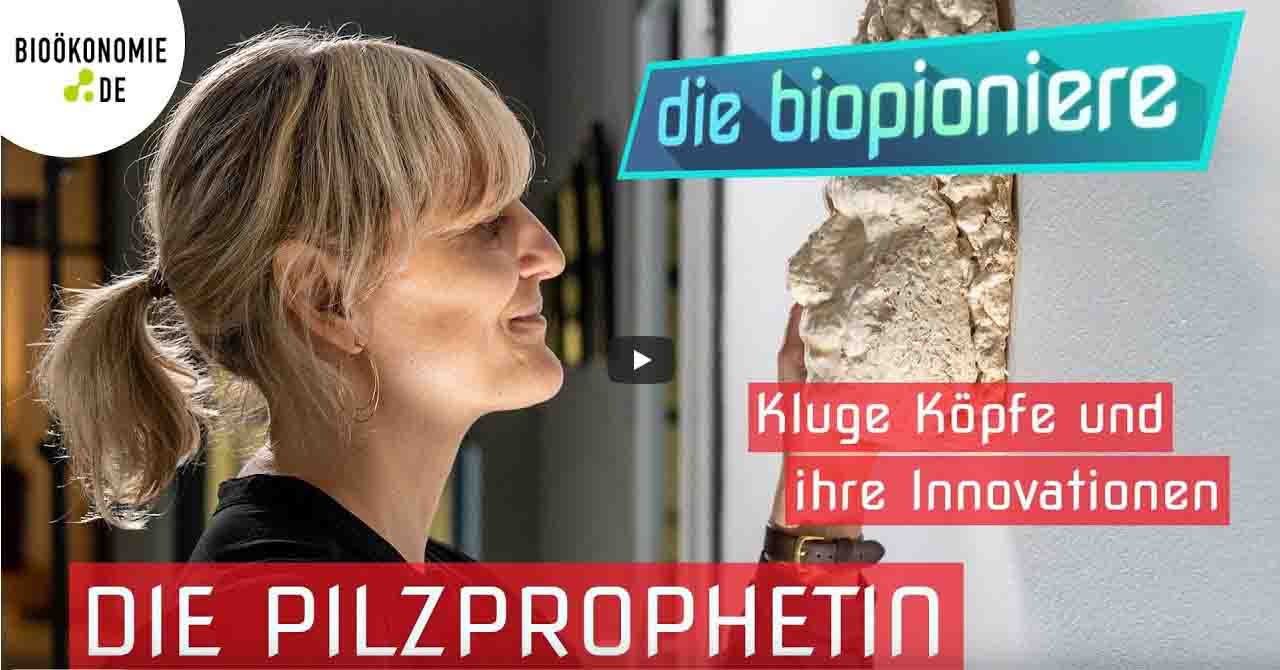
Digitalization has changed a great deal and brought new opportunities and potential to our lives. But digitalization alone will not be enough to solve the central and essential challenges facing humanity: Climate protection, the management of scarce resources and economic activity in cycles. More is needed, but the question is how and with what? As so often in life, a look at nature offers an answer: the keyword is biologicalization of industry. Because biology in all its facets offers another dimension to Industry 4.0 and thus a perspective on the future of production.
Mechanical and plant engineering plays a key role in this. This is because biology offers a huge toolbox that can be used in the many fields of application in mechanical engineering. How should we imagine microorganisms as machines? What can DNA do as a data store and how can fungi enable sustainable construction? At the same time, mechanical engineering is an enabler when it comes to transferring and integrating biological processes and mechanisms into the world of industrial applications. Because the biologization of industry needs curiosity and technological solutions - that is what this VDMA focus topic is all about.
Überblick Biointelligenz
Sustainable Construction with Fungi - Securing Data with DNA Storage.
In the search for solutions that contribute to a future circular economy and sustainable business practices, the biologicalization of industry is opening up completely new dimensions. Building materials made from fungi or synthetic DNA as data storage are just two possibilities for a profound, long-term transformation toward sustainability.
A Construction Material Made of Fungi
Fungal filaments, also known as mycelium, have the ability to transform any type of organic substrate while adding value to it. Unlike conventional construction methods, building on the basis of fungi is therefore not based on the exploitation of limited resources - but on a continuous cycle of biomass regeneration. But the key to the whole thing is its composting: fungi are able to decompose organic matter, forming bio-composites that can be used as building materials. When it is no longer needed, it can be returned to the carbon cycle.
The use of building materials made from fungal mycelium is still at the experimental stage, and the range of products available for mass production is still very limited. But intensive research is underway: on this and other materials, products and in pilot projects. The biologicalization of the industry will open up many unimagined possibilities, which this focus topic would like to report on.



Related content
Your contact











